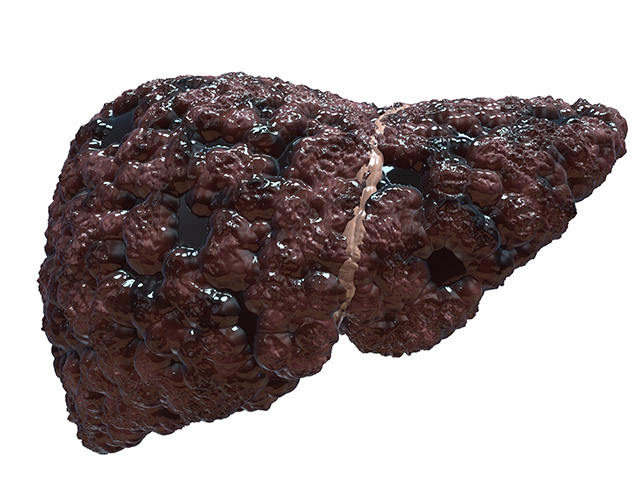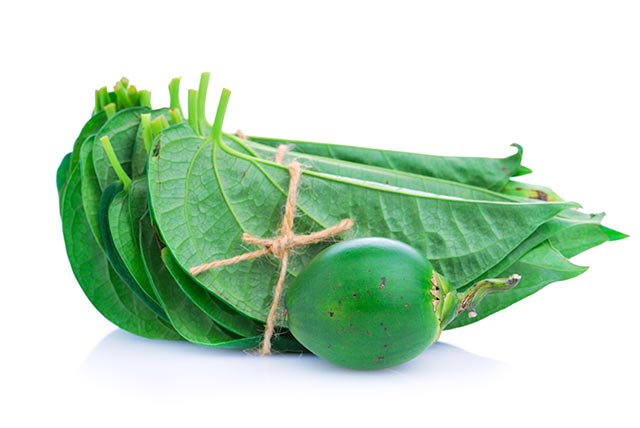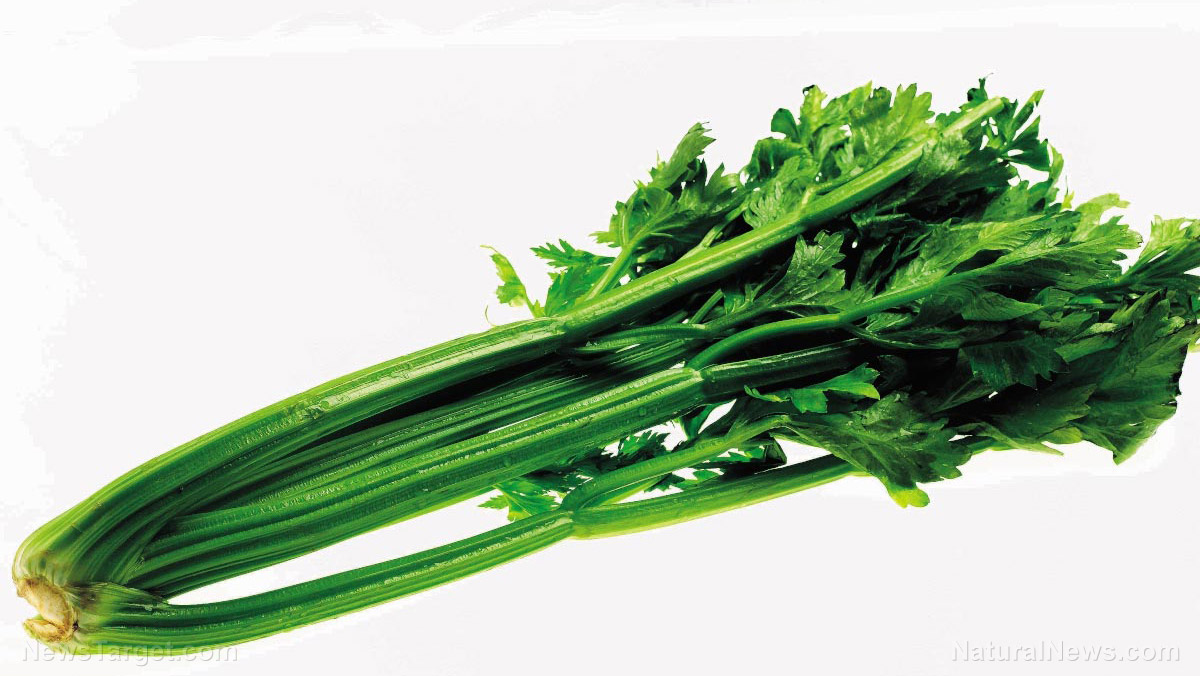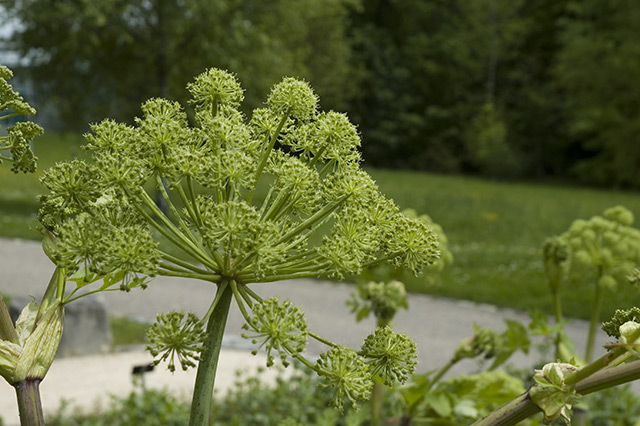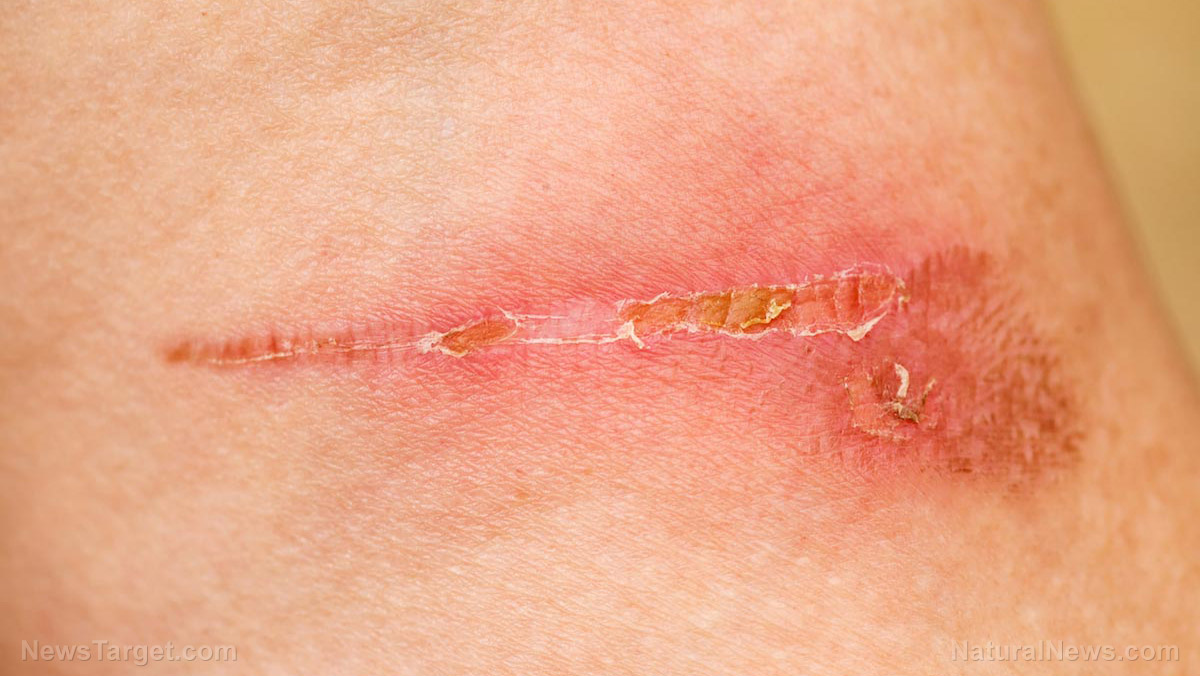Antibiotics in the wild: Usnea, a lichen that grows all around the globe, has been used as effective natural medicine for centuries
01/30/2018 / By Tracey Watson

You have likely walked past it dozens of times during walks in wooded areas, without ever realizing that you were passing one of nature’s most miraculous healers. Usnea (pronounced yew-snee-a), or Old Man’s Beard, as it is known to many, is a type of lichen that can be found on trees that grow in high altitudes and in clean air. It hangs off tree limbs and looks similar to Spanish moss. This amazing algae/fungus combination has incredible anti-inflammatory, antifungal, antibacterial and antimicrobial properties.
At a time when the world is facing an antibiotic “apocalypse” caused by the overuse and misuse of antibiotic medications, usnea offers real hope in the fight against drug-resistant gram-positive bacteria, especially Streptococci and Staphylococci.
Bio Prepper reports that even those pharmaceutical antibiotics that do still work can cause multiple side effects, including nausea, rashes, “yeast” infections and even a potentially fatal condition called c. diff colitis.
Herbal Remedies Advice notes that while there has been some evidence of a link between liver problems and the use of usnic acid, there is no such link between liver toxicity and use of the whole usnea plant. And as with many other chemical and natural remedies, pregnant women are advised not to use usnea as a treatment. Nonetheless, for the general population, usnea is both safe and effective.
In fact, usnea has been used in Chinese medicine for thousands of years to fight infection, and modern researchers and herbalists are very interested in its potential ability to fight off multiple types of infection. (Related: Discover more secrets from nature’s medicine cabinet at NaturalMedicine.news.)
Herbal Remedies Advice reports:
When a person takes a pharmaceutical antibiotic, it attempts to kill all bacteria, especially the bacteria found in the digestive tract. However, we are learning more and more that this plethora of bacteria is actually incredibly beneficial to our health.
Usnea is an anti-microbial herb, meaning that it effects a wide range of pathogens. It, however, is not an antibiotic herb that kills all types of bacteria. This is actually a positive trait for humans. …
Because it effects mainly gram positive bacteria, it can effectively kill unwanted pathogens without majorly disrupting healthy gut flora!
Usnea is also used for strep throat, tuberculosis, pneumonia, upper respiratory tract infections, urinary tract infections, and diarrhea.
What is even more amazing is that usnea is also an antiviral. While antibiotics are used to destroy bacterial infections, viral infections cannot be treated with chemical medications because they live right inside their hosts’ cells. If the virus in a sick patient were to be targeted with medication, that person’s own cells would be damaged.
Usnea is also an antifungal, which is good news, since fungal infections are notoriously hard to shake. To really beat these types of infections long-term, however, dietary and lifestyle changes are usually also needed. (Related: Cure fungal infections naturally.)
One of usnea’s greatest uses is as a powerful wound healer. In addition to preventing and treating infection, usnea can also speed up the healing process dramatically.
Bio Prepper reports:
Used as a wound dressing, usnea could be a wonderful remedy for infected wounds, such as cellulitis. The drying and cooling attributes of usnea help to reduce heat and redness stemming from the infection. Due to the natural anti-microbial properties found in the lichen, it is often applied directly to an open wound to fight off infection. It can either be mixed with water to form a mixture to be applied, or used as a powder after it’s been dried.
Usnea is available or can be produced in several different forms, including as a tincture, cough lozenges, mouthwash and as a wound dressing.
Sources for this article include:
Tagged Under: Anti-fungal, antibiotic resistance, Antifungal, Antimicrobial, antiviral, botanical medicine, herbal remedies, Herbs, natural antibiotic, natural medicine, Old Man's Beard, superbugs, survival, survival medicine, Usnea

